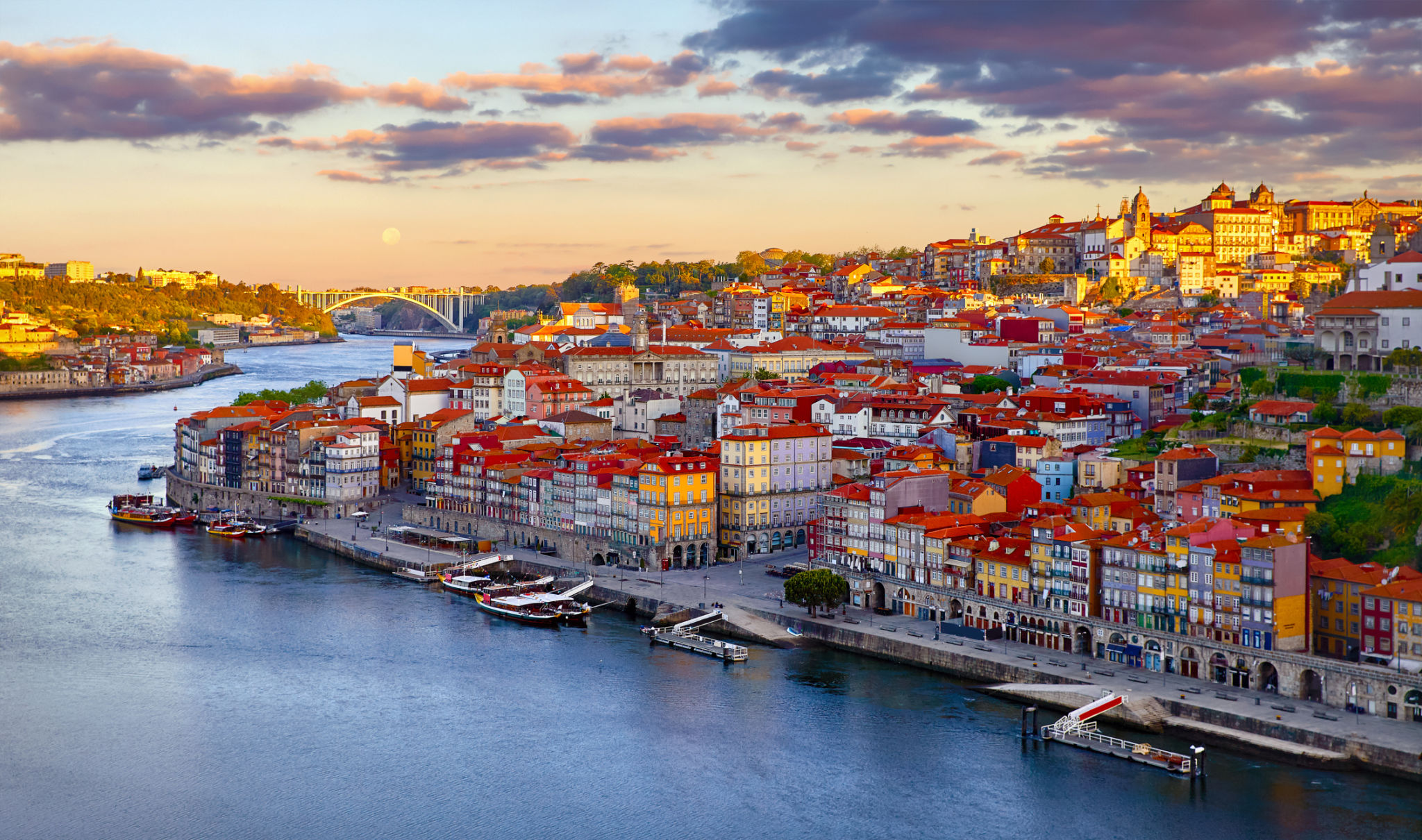Buying Residential Properties in Portugal: A Step-by-Step Guide
Understanding the Portuguese Real Estate Market
Portugal has become an increasingly popular destination for property buyers, thanks to its stunning landscapes, vibrant culture, and favorable tax incentives. Whether you're looking for a holiday home or planning to relocate, understanding the Portuguese real estate market is crucial. The market is characterized by diverse options ranging from modern city apartments to rustic countryside villas.
Before diving into the purchasing process, it's essential to research the market trends. Property prices can vary significantly depending on location, with Lisbon and the Algarve being among the more expensive areas.

Setting Your Budget
Before you start house hunting, establishing a clear budget is crucial. Consider not only the property price but also additional costs such as taxes, legal fees, and potential renovation costs. Remember to account for currency exchange rates if you're purchasing from abroad.
In Portugal, buyers typically need to pay an IMT (Imposto Municipal sobre Transmissões), which is a property transfer tax. This can vary based on the property's value and location.
Finding the Right Property
Once your budget is set, it's time to start searching for properties. You can use online platforms to browse listings or enlist the help of a local real estate agent. An agent can provide valuable insights into the market and help you find properties that match your criteria.

Viewing Properties
When you've shortlisted potential properties, schedule viewings to assess them in person. Pay attention to factors like the neighborhood, proximity to amenities, and the condition of the property itself. It's also wise to visit at different times of the day to get a comprehensive feel for the area.
The Legal Aspects
Navigating the legal aspects of buying property in Portugal can be complex, so hiring a local lawyer is advisable. They will ensure that the property has no legal issues and assist with paperwork. Key documents include the "Caderneta Predial" (land register) and "Certidão de Teor" (property registration certificate).

Finalizing the Purchase
Once you've decided on a property and negotiated a price, you'll sign a "Contrato de Promessa de Compra e Venda," which is a preliminary sales contract. This contract outlines the terms of the sale and usually requires a deposit of about 10-30% of the purchase price.
The final step is signing the "Escritura," or deed of sale, in front of a notary. At this point, you'll pay any remaining balance, and the property officially becomes yours.
Post-Purchase Considerations
After purchasing your property, consider any renovations or updates you might want to undertake. It's also important to familiarize yourself with local property taxes and utility arrangements. If you're planning to rent out your property, research the local rental market and regulations.

Buying residential properties in Portugal can be a rewarding investment, offering both lifestyle benefits and potential financial returns. By following this step-by-step guide, you can navigate the process with confidence and make informed decisions along the way.